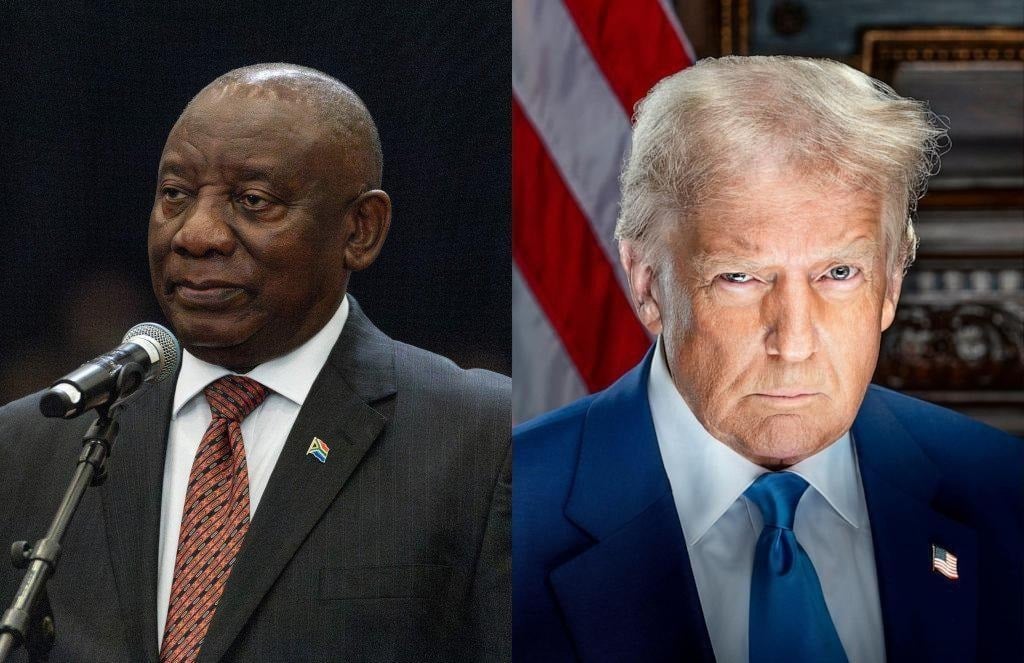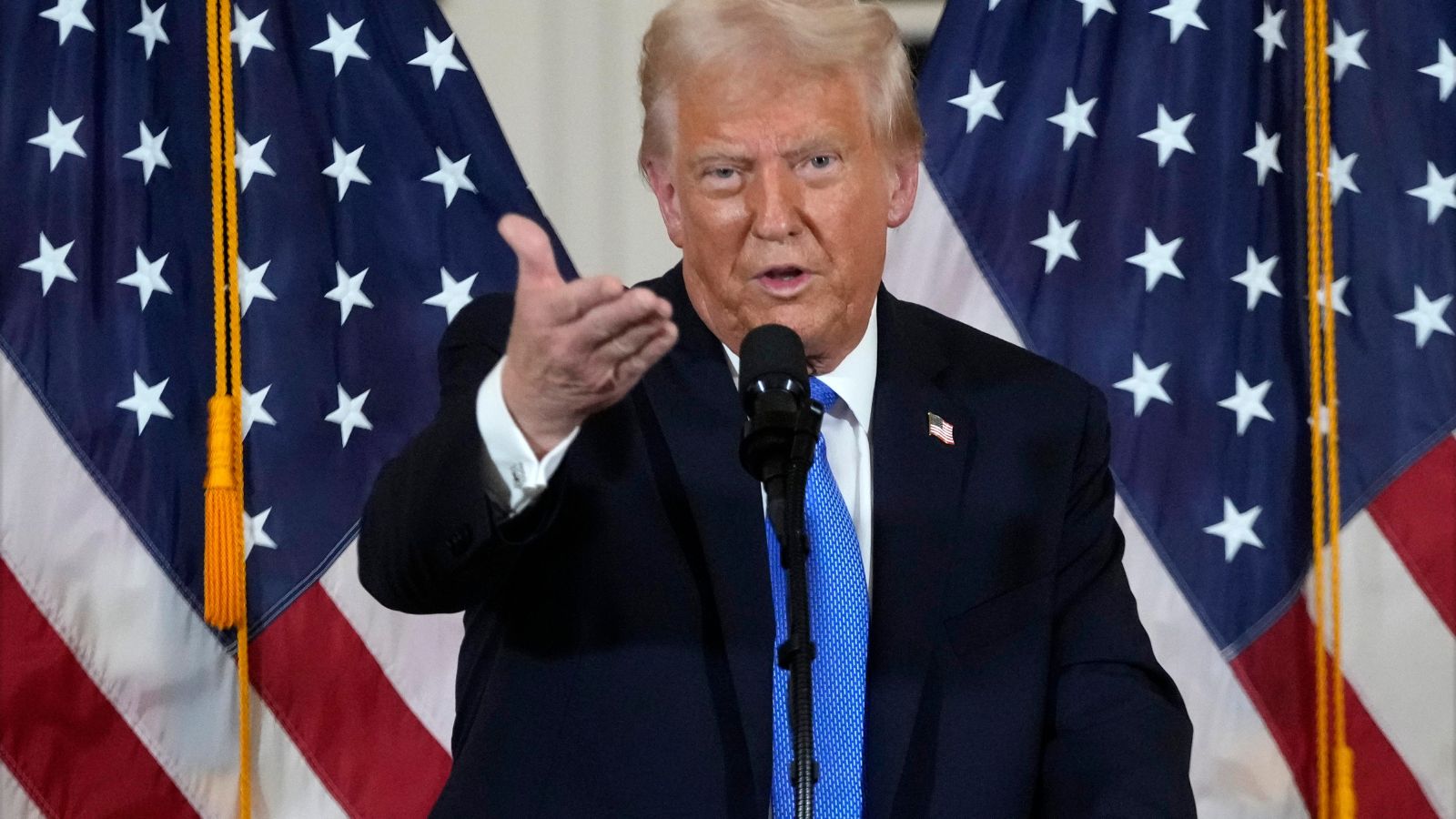On Friday, President Trump directed government officials to prioritize the resettlement of South Africans of European descent through the U.S. refugee program, which he had suspended on his first day in office.
In an executive order, Trump accused the South African government of discriminating against Afrikaners—an ethnic group in South Africa composed of descendants of European colonists, primarily from the Netherlands, who first settled there in the 1600s.
Until the 1990s, South Africa was ruled by White citizens of European descent, who enforced the harsh system of apartheid against the country’s Black majority.
However, in his executive order, Trump claimed that White South Africans are now facing oppression from the government, referencing a law that, according to U.S. conservatives—including Trump adviser and billionaire Elon Musk—permits the racially motivated confiscation of land owned by White South Africans. Musk, who was born in South Africa, has been vocal on the issue.
The South African government has firmly denied any claims of land seizures or racial discrimination, asserting that the law under scrutiny is aimed at land that is either unused or not serving the public interest.
Trump’s order instructs Secretary of State Marco Rubio and Homeland Security Secretary Kristi Noem to “prioritize humanitarian relief, including admission and resettlement through the United States Refugee Admissions Program, for Afrikaners in South Africa who are victims of unjust racial discrimination.”
It remains uncertain how or when this directive would be implemented, given that Trump had previously halted refugee admissions.

South African President and Donald Trump
In an executive order signed on January 20, Trump argued that admitting refugees placed an undue burden on U.S. communities and stated that he would only reinstate the program if he determined it to be in the national interest.
However, the order does grant officials the authority to make case-by-case exceptions to the refugee freeze.
The U.S. refugee program is intended to provide a safe haven for individuals fleeing persecution based on factors such as race, religion, or political beliefs. Typically, refugees are referred to the U.S. by United Nations agencies and undergo extensive security screenings, medical evaluations, and interviews in third countries before gaining entry.
Historically, the majority of refugees admitted to the U.S. have come from war-torn regions in Africa and Asia or from countries where ethnic or religious minorities face persecution, according to State Department data.
Trump’s order also mandates the suspension of any U.S. aid or assistance to South Africa as long as its land-reform law remains in effect. This move raises concerns about the future of the U.S. President’s Emergency Plan for AIDS Relief (PEPFAR), which provides HIV treatment to millions of adults and children, particularly in African nations.
The Trump administration had previously imposed a freeze on foreign aid, affecting international medical and humanitarian programs. Although the State Department issued a waiver last weekend to allow PEPFAR and certain other initiatives to resume, delays in aid distribution persist.
Beyond the allegations of racial discrimination, Trump also cited South Africa’s “aggressive positions towards the United States and its allies” as a factor in his decision, pointing to the country’s case before the International Court of Justice, where it accused Israel of committing genocide against Palestinians.

